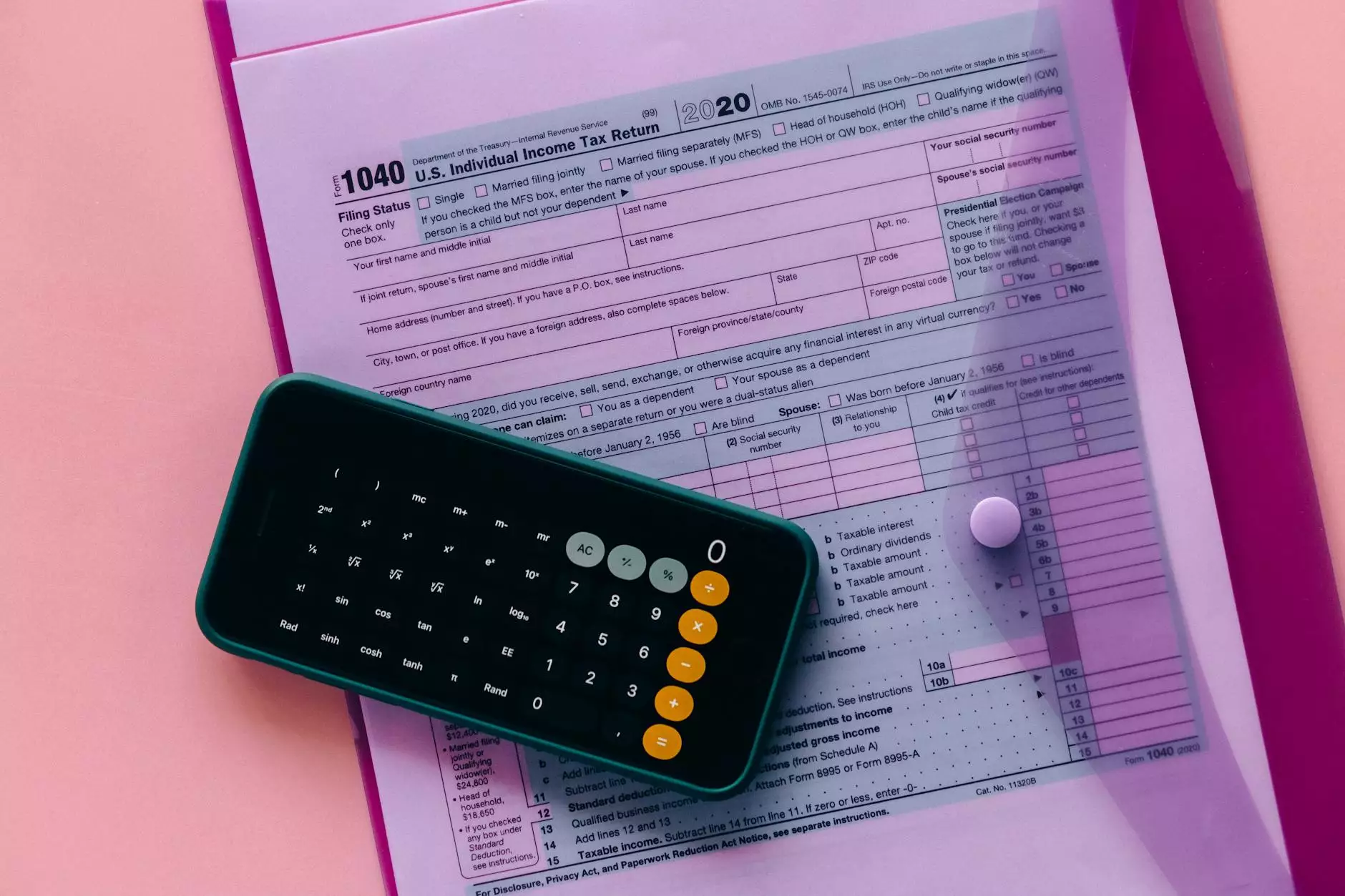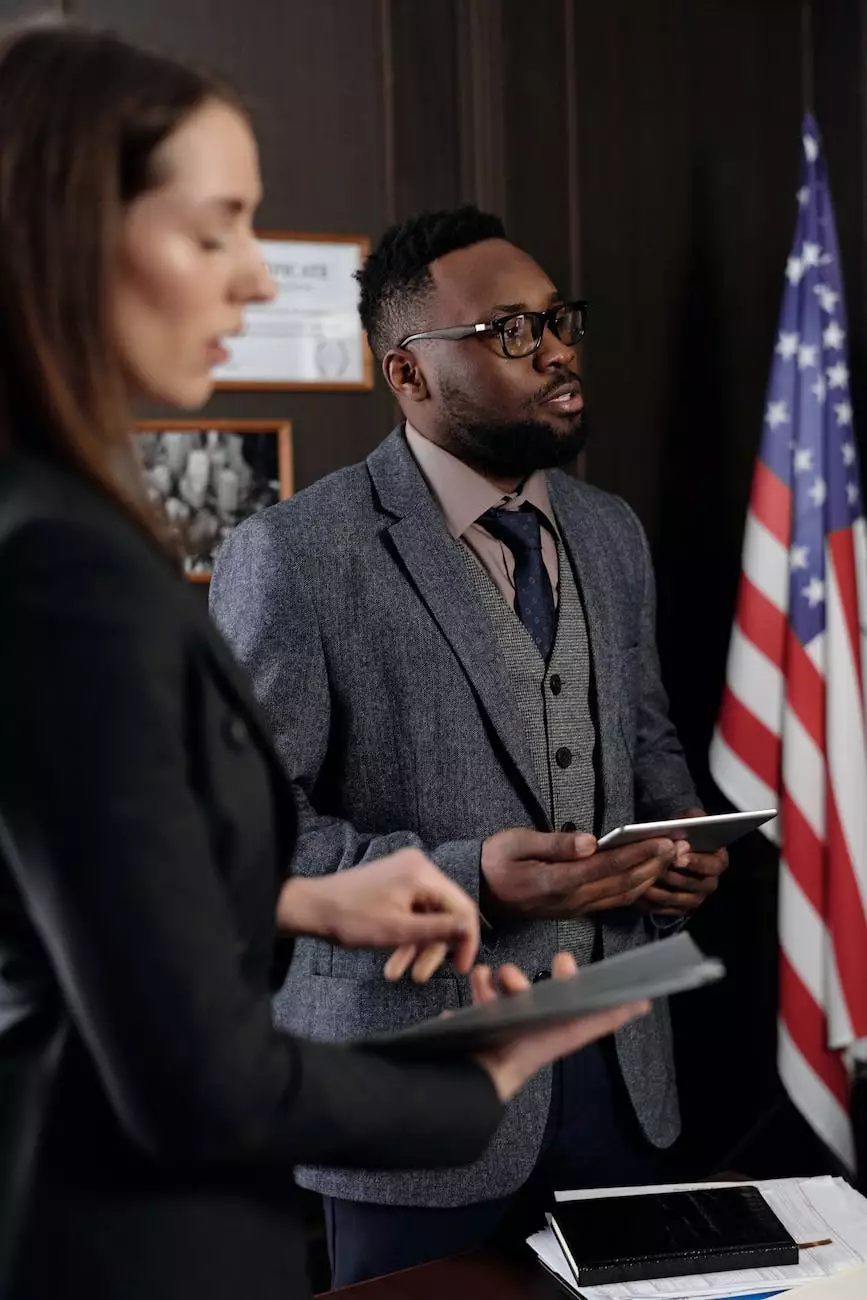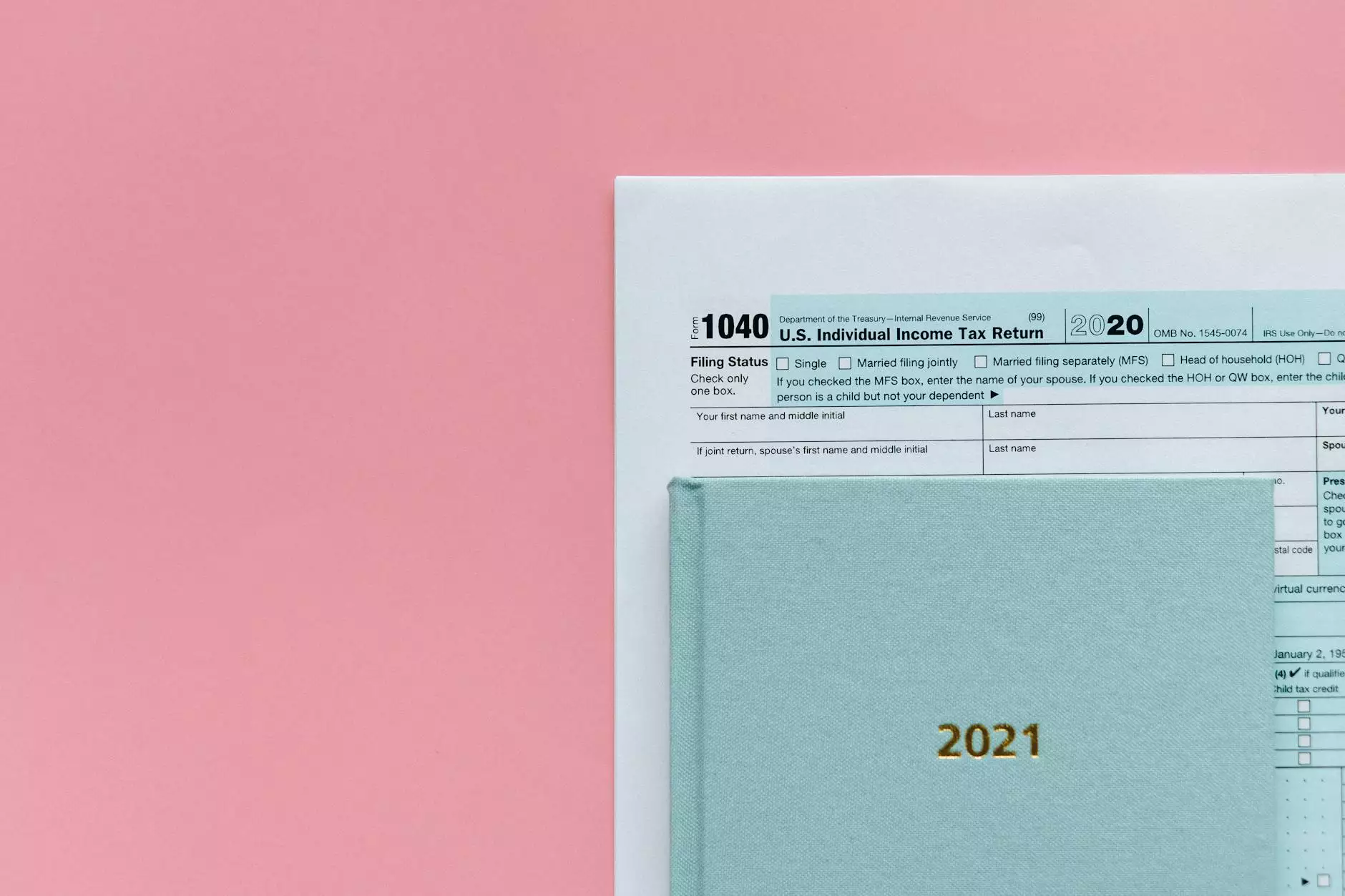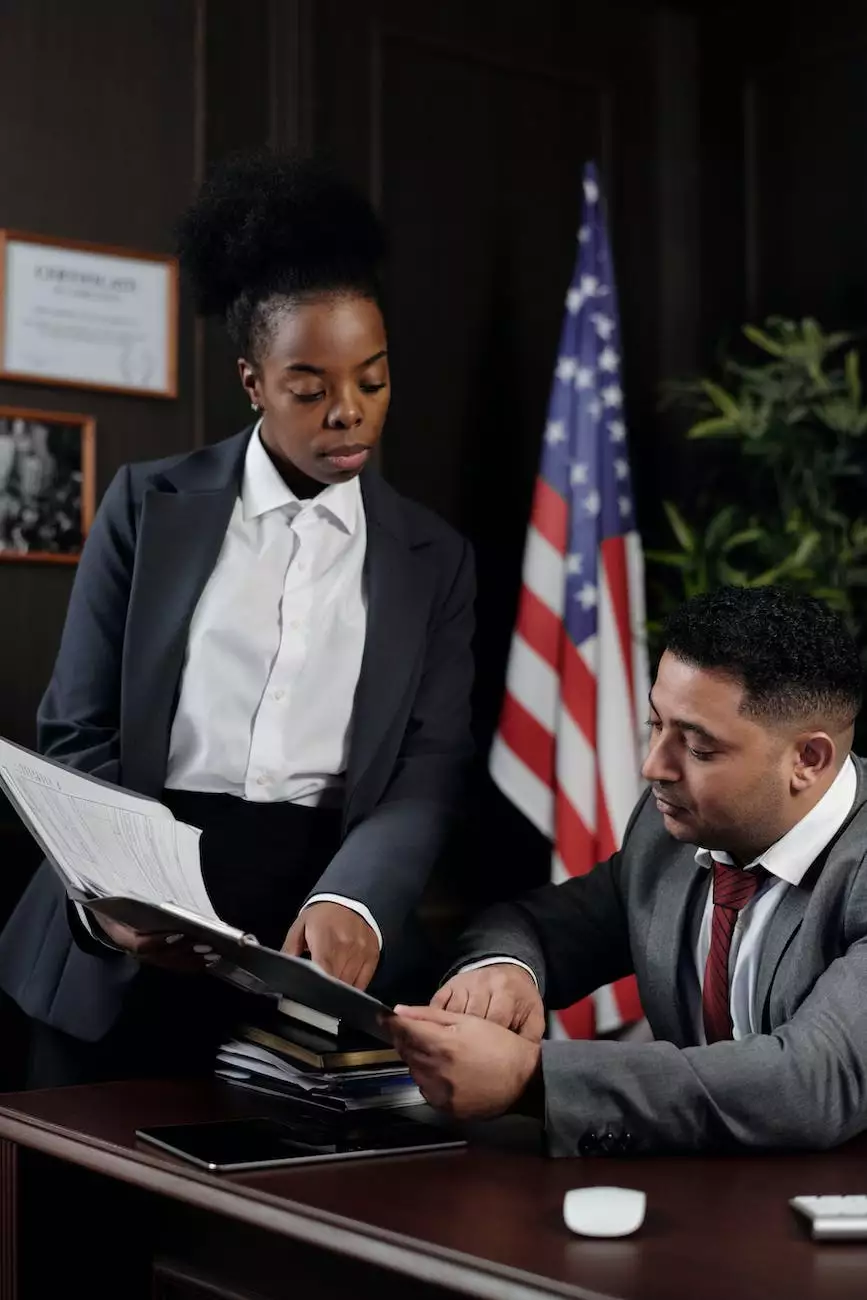Turn Signals & Law Enforcement
Blog
The Importance of Turn Signals
Using turn signals is not only a legal requirement, but it also plays a vital role in ensuring road safety. By indicating your intention to change lanes or make a turn, you provide valuable information to other drivers, allowing them to anticipate and react accordingly. Failure to use turn signals can result in confusion, misunderstandings, and potentially dangerous situations on the road.
Understanding Law Enforcement's Role
Many drivers wonder whether law enforcement officers have the authority to pull them over solely for not using their turn signals. While not using a turn signal alone may not be enough for an officer to stop you in certain situations, it is essential to recognize that officers have the discretion to take action if they believe a traffic violation or potential hazard exists.
Law enforcement officers are trained to observe and respond to driving behaviors that could endanger public safety. Although not using a turn signal may not always warrant an immediate traffic stop, officers may use their judgment based on the surrounding circumstances to determine whether a violation has occurred.
Common Misconceptions
There are some common misconceptions surrounding the use of turn signals and law enforcement's response. It is important to address these misconceptions to have a better understanding of the situation:
Misconception #1: Not using a turn signal is not a traffic violation
Contrary to popular belief, failing to use a turn signal is indeed considered a traffic violation in many jurisdictions. However, as mentioned earlier, officers may prioritize more severe violations or immediate safety concerns before addressing turn signal-related infractions.
Misconception #2: Law enforcement won't bother pulling you over for not using a turn signal
While law enforcement officers may not always pull over every driver who fails to use a turn signal, it does not mean that they completely ignore this violation. Officers aim to maintain safe road environments, and enforcing traffic laws, including turn signal usage, is part of their responsibilities.
Misconception #3: Not using a turn signal doesn't affect other drivers
One of the most significant consequences of not using a turn signal is the potential impact on other road users. By neglecting to signal your intentions, nearby drivers may be caught off-guard, leading to sudden braking, swerving, or accidents. It is crucial to prioritize the safety of all road users and adopt responsible driving habits.
Tips for Proper Turn Signal Usage
Here are some tips to ensure you are using your turn signals properly:
- Always signal your intention to change lanes or make a turn well in advance.
- Ensure that your turn signal lights are in proper working condition.
- Use your turn signal even when you think there are no other vehicles around.
- Remember to cancel or turn off your turn signal after completing a maneuver.
- Do not rely on hand signals alone; electronic turn signals are more easily visible to other drivers.
The Role of Education
Increasing awareness about the importance of turn signals through proper education is crucial in ensuring safer roads. Understanding the potential consequences of not using turn signals and the role of law enforcement empowers drivers to make better choices and contribute to a more secure driving environment.
Contact Troy Powell Law Firm
For any legal assistance related to traffic violations, including issues regarding turn signals and law enforcement, Troy Powell Law Firm is here to help. Our experienced team of attorneys specializes in handling a wide range of legal matters, ensuring the protection of your rights and providing expert guidance throughout the process.
Don't hesitate to contact us today to schedule a consultation or learn more about our services.










